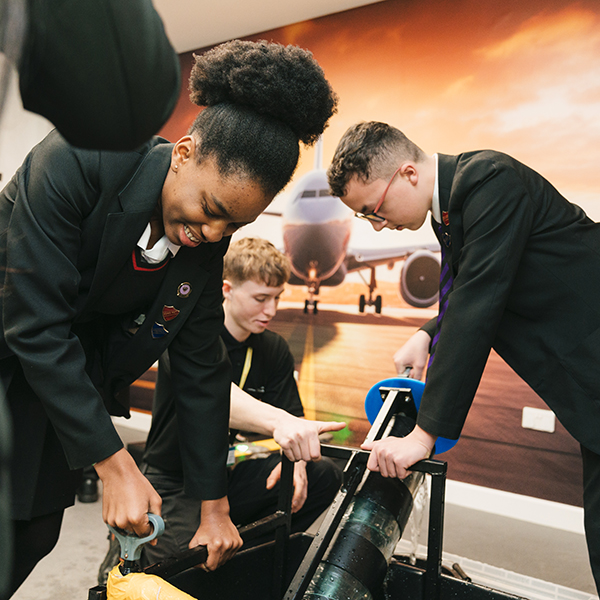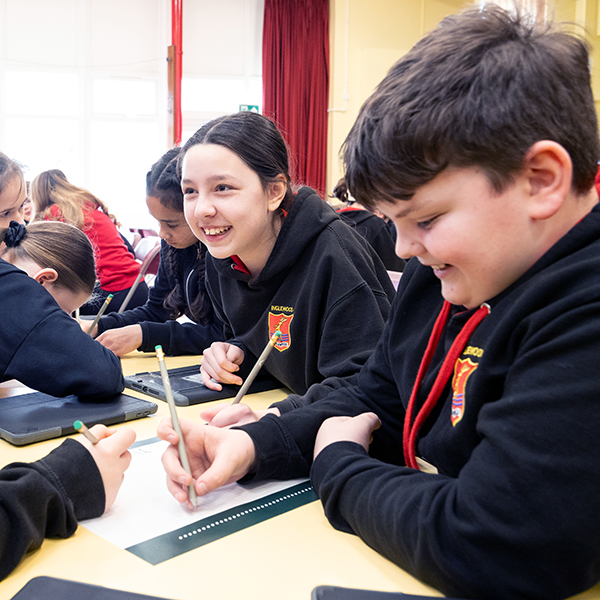Even as lockdown restrictions ease, life is very much not ‘back to normal’. This is indeed true for the world of education. Whilst Education Secretary Gavin Williamson aims to have ‘all children in all classes’ back to school full time in September (https://www.bbc.co.uk/news/education-53113201), there remains much uncertainty around what the future holds for students and teachers.
Education has shown us that alongside the huge challenges brought by the COVID-19 pandemic, there have been opportunities. The way we learn and teach has changed, possibly forever. The majority of learning has moved online, and there has been an outpouring of resources and tools to support at-home education.
So far, this work has been reactive. For most, the movement to home learning has seen programmes do exactly that: move home. At EVERFI, we worked closely with the teams at Team GB and ParalympicsGB to reposition our Travel to Tokyo programme (encouraging children and their families to get more active more often) to be directly family-facing. This included creating a new Home Physical Activity pack; updating marketing and communications activity; and rewarding family, rather than school, teams.
This kind of work has been invaluable. However, we are now past the point of reaction.
The organisations who will stand out will be those who use this time and its lessons to develop a strategic, innovative offer which truly responds to the needs and priorities of teachers and students.
So, what does this mean? How do you create an education programme which is responsive, not reactive?
EVERFI has over 25 years’ experience in this area. As the leading agency in the education and learning space, we know that there are 5 criteria for a successful, impactful education intervention. It must:
- Align with your priorities – What is important to your customers, employees, and other stakeholders? In what areas can you have the most meaningful impact?
- Offer something new and compelling – Do you know what is out there? How can you set yourself apart?
- Be strategic – What does success look like for your audiences, and for you as a business? Do you have an evaluation framework in place to help you to measure that change and to communicate it to your stakeholders?
- Be part of a journey – What is the roadmap for the programme and for those who engage with it? What do you want them to do and feel and what activities and content will you provide to support them through this journey?
- Be made with teachers and pupils, for teachers and pupils to ensure your intervention has maximum relevance and appeal and is something they would use and recommend.
Through sustained contact and meaningful research with our exclusive network of over 3,000 teachers, we have built an industry-leading understanding of teachers’ needs, wants, and reflections at this time. To complement this understanding, in July we will be undertaking an extensive research project with hundreds of teachers from across the UK to understand how the response to the pandemic has changed the way they teach, the needs of their students and what they will want from businesses and external organisations in the future.
If you would like to see the results of this research, or to discuss how to rethink your education programme to reflect teachers’ needs, get in touch.







